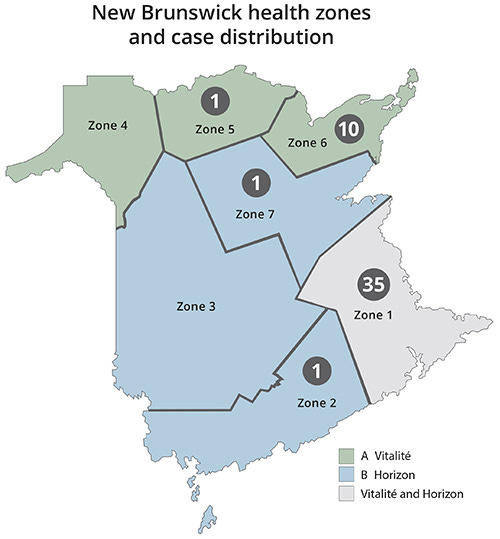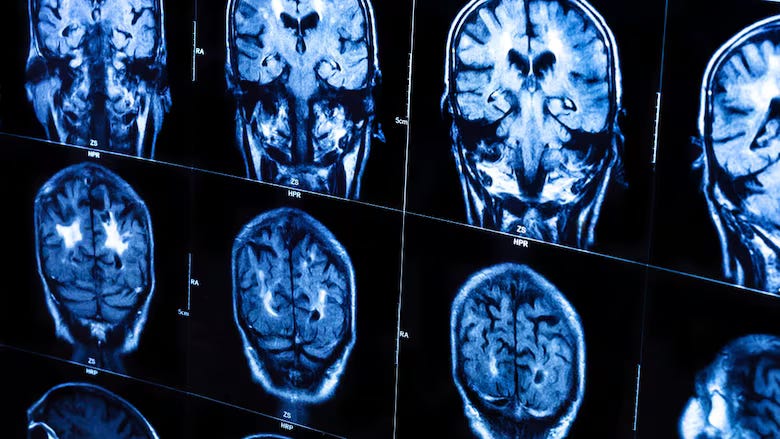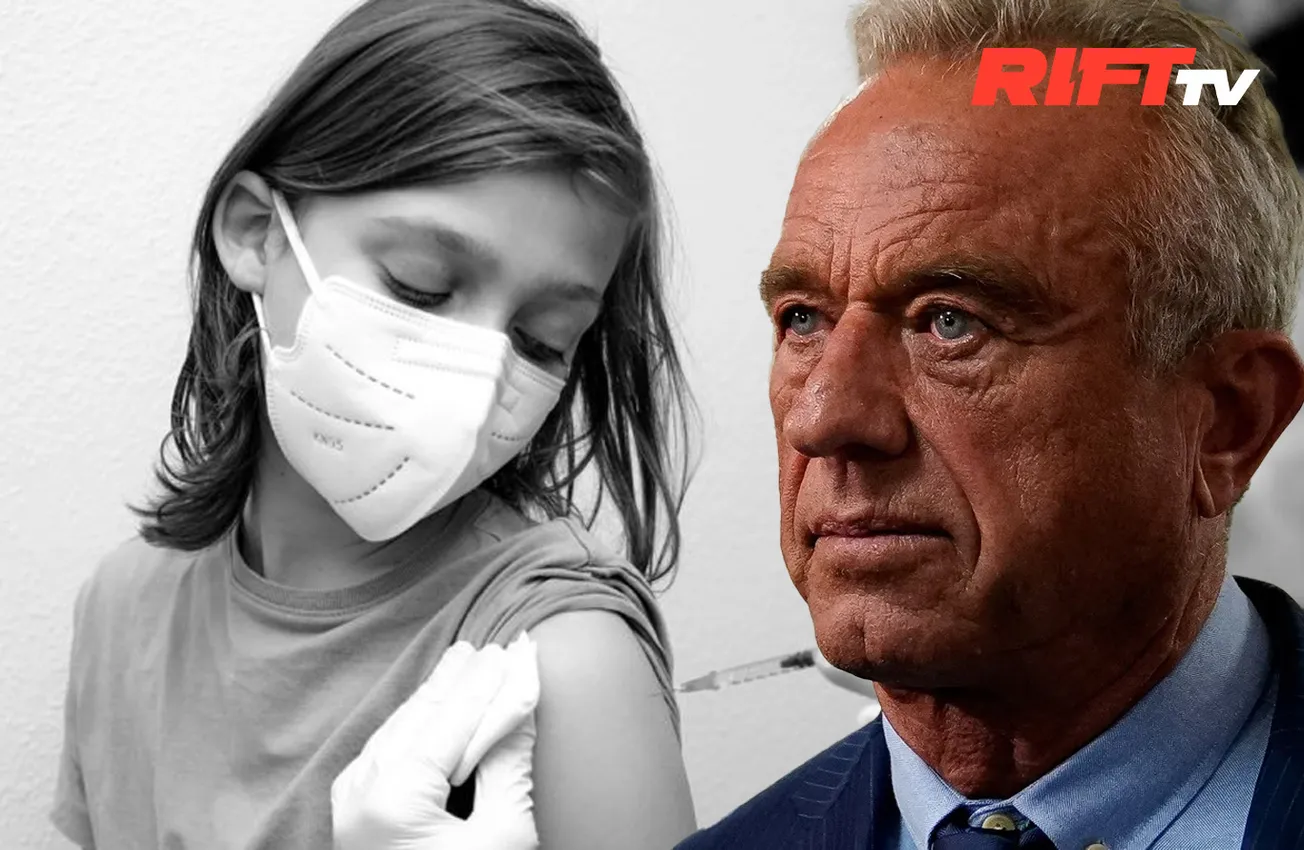For years, a neurological nightmare has haunted New Brunswick, where dozens—possibly hundreds—of people, many young and healthy, have suffered memory loss, hallucinations, and crippling spasms.
Back in 2021, doctors sounded the alarm about a potential new brain disease, only for Canadian officials to slam the brakes on the investigation.
Now, a new study claims there’s no mystery at all, blaming common illnesses like Alzheimer’s and cancer. But for those still suffering, and the scientists who’ve been silenced, that explanation feels like a dodge. So, what’s really going on in Canada?
“It’s like they want us to forget this ever happened,” said Dr. Alier Marrero, the New Brunswick neurologist who first spotted the cluster of cases.
“These patients aren’t just misdiagnosed—they’re being abandoned.”
The saga began in 2019, when Marrero noticed a string of patients with bizarre symptoms: muscle atrophy, vision loss, and hallucinations, often striking people in their 20s and 30s.
By 2021, health officials were tracking over 40 cases, mostly in the Acadian Peninsula and Moncton, with symptoms eerily similar to the deadly Creutzfeldt-Jakob disease.

Some suspected environmental toxins, like algae-related neurotoxins in local shellfish, might be to blame. The cases sparked international headlines and a federal investigation.
Then, the trail went cold. In 2022, a provincial report declared there was no “cluster” of a new disease, chalking up symptoms to misdiagnosed conditions like dementia or cancer.
A study published this month in The Lancet doubled down, saying the odds of an unknown disease are one in a million. Case closed, officials say.
But not so fast. Leaked emails from two top Canadian scientists tell a different story.
Michael Coulthart, who runs Canada’s Creutzfeldt-Jakob surveillance system, wrote in 2024 that he believes an “environmental exposure” is triggering these cases, but he was barred from digging deeper.
Samuel Weiss, a neuroscientist with the Canadian Institutes of Health Research, went further, alleging the government shut down the investigation for political reasons, leaving “350 others affected” without answers. “We were ready to tackle this mystery,” Weiss wrote, “but they told us to stand down.”
Patients feel betrayed. Terriline Porelle, a 33-year-old from New Brunswick, told The Guardian in 2022 she went from healthy to barely able to see or write, yet was told her symptoms might be PTSD.
“This isn’t anxiety,” she said. “Something’s wrong, and they’re pretending it’s not.” Others, like Johanne Boucher, lost their ability to speak and were dropped from the investigation with little explanation.
The government’s about-face has fueled suspicions of a cover-up. New Brunswick’s fishing and tourism industries, vital to the region, could take a hit if an environmental cause—like toxic algae—was confirmed.

Critics point to Canada’s past, like its slow response to mad cow disease in the 1990s, as proof officials prioritize economy over truth. “They’re protecting their interests while people suffer,” said Sen. Pierre-Hugues Boisvenu, a Canadian senator who’s called for a federal inquiry.
The official line? It’s all been sorted. “Our investigation was thorough,” said New Brunswick Health Minister Dorothy Shephard in 2022, insisting the cases were unrelated and no environmental link was found.
The Lancet study’s lead author, Dr. Neil Cashman, echoed this, telling NBC News the symptoms “fit known neurological diseases” and misdiagnosis was the real culprit.
Skeptics aren’t buying it. Marrero, who now estimates over 200 cases, says the geographic clustering and young patient ages don’t match typical Alzheimer’s or cancer profiles.
Coulthart’s emails suggest the complexity of the cases was used as a “loophole” to dismiss them as incoherent. Even the public’s been kept in the dark—New Brunswick hasn’t updated its health website on the issue since May 2021.
“This isn’t just about science; it’s about trust,” said Laurie Beatty, whose father died in 2018 after showing similar symptoms. “They’re telling us it’s nothing, but we’re living the nightmare.”
As Canada tries to close the book, questions linger. Why were federal scientists sidelined? Why do patients’ symptoms seem so distinct? And why does the government seem so eager to move on? For now, New Brunswick’s mystery remains unsolved—and for those afflicted, the fight for answers is far from over.
Please leave your opinions / comments on these stories below, we appreciate your perspective!






![They Silenced the Experts: Dr. Drew Blows the Whistle on COVID Cover-Up [WATCH]](/content/images/size/w1304/format/webp/2025/05/covid-leftist-extremism.png)
Conversation